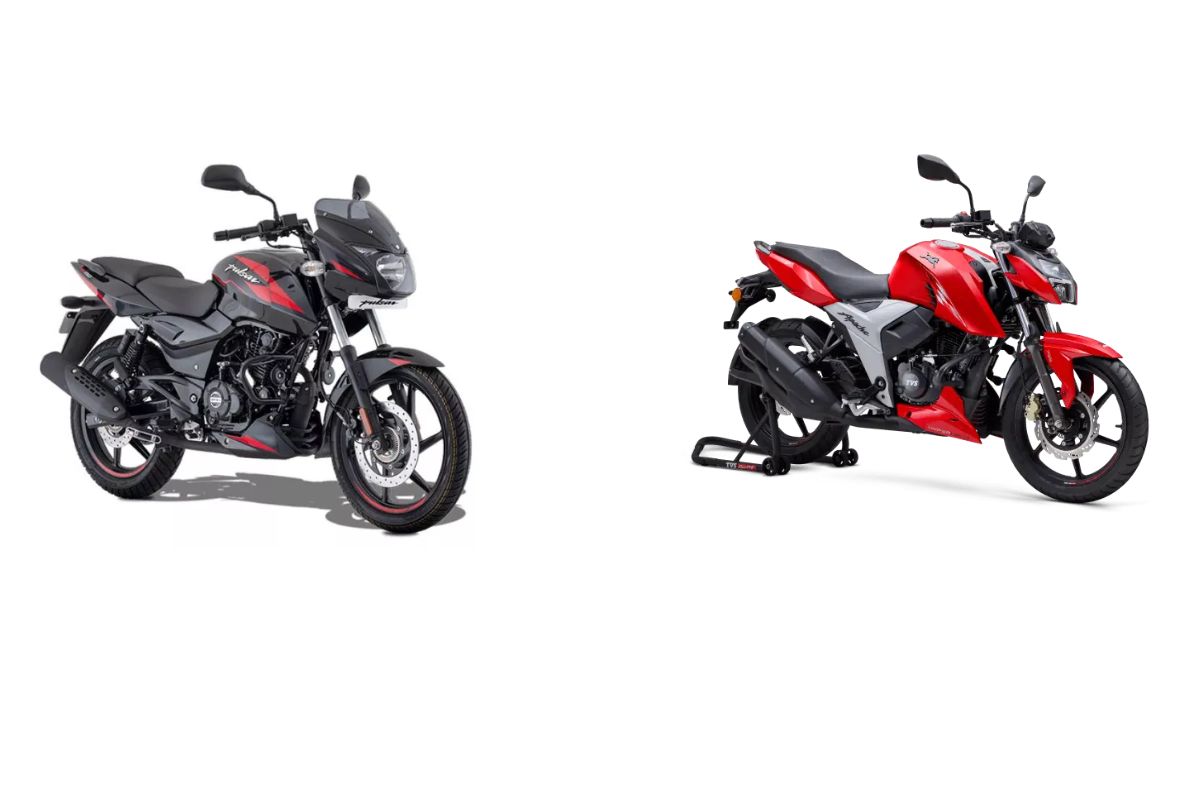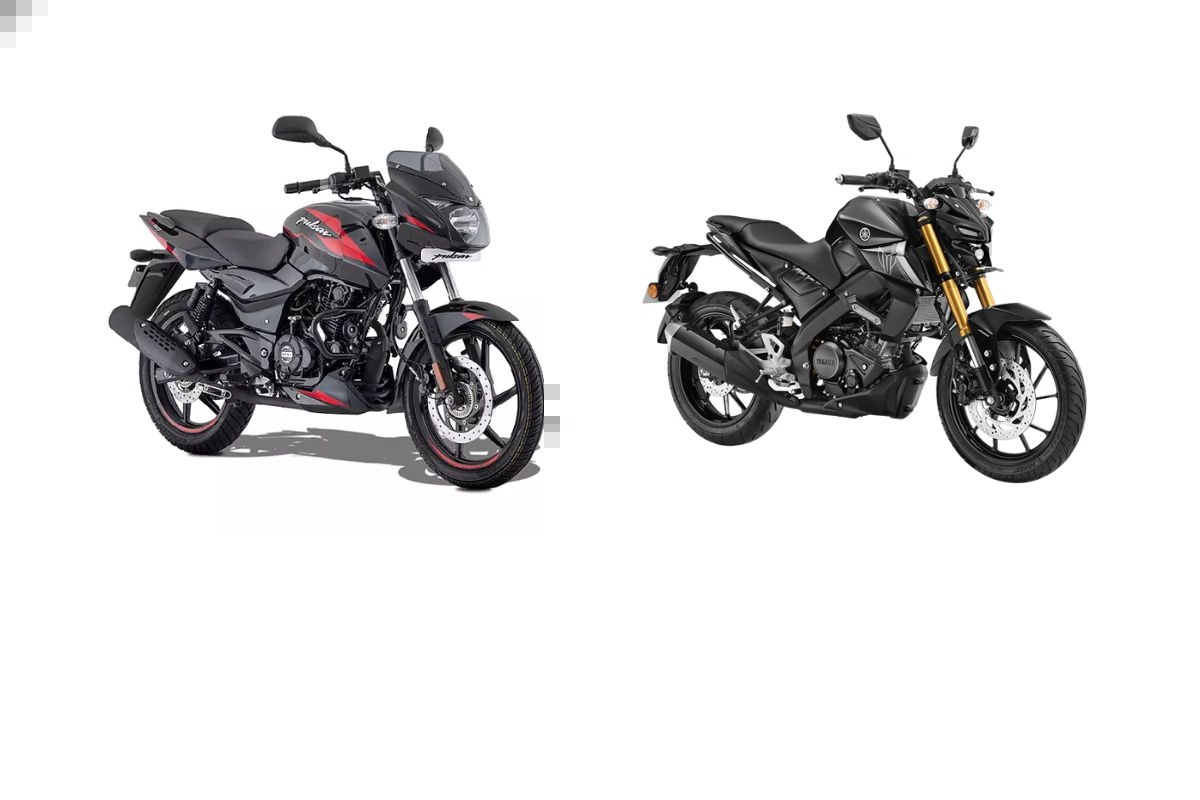Bajaj Pulsar 150 vs Yamaha FZ FI: In India, the 150-segment is one of the most popular and often used segments. Because these bike sectors’ models are reasonably priced, have a sleek appearance, and have excellent fuel efficiency. You have come to the proper location if you also wish to purchase a bike from these parts. Two of the most popular 150cc bikes are compared here. The Yamaha FZ FI and the Bajaj Pulsar 150 are two of the most well-liked motorcycles in this class. To make it easier for you to select one, let’s review the features of these bikes.
Bajaj Pulsar 150 vs Yamaha FZ FI: Specifications
The anti-locking braking system of the Bajaj Pulsar 150 is equipped with front disc and rear drum brakes.
| Specs | Bajaj Pulsar 150 | TVS Apache RTR 160 |
| Braking system | Single Channel ABS | Single Channel ABS |
| Front brake typr | Disc | Disc |
| Engine | 149.68 cc | 149 cc |
| Cylinder | 1 | 1 |
| Power | 13.8 bhp | 12.2 bhp |
| Torque | 13.25 Nm | 13.3 Nm |
| Mileage | 46.5 kmpl | 48 kmpl |
| Fuel Tank capacity | 15 litre | 13 litre |
| Transmission | 5 Speed Manual | 5 Speed Manual |
| Kerb weight | 148 kg | 135 kg |
| Price | Variant – Single Disc Rs. 1,18,443 Avg. Ex-Showroom price | Variant – RM Drum Rs. 1,19,985 Avg. Ex-Showroom price |
Know more about the differences
The Bajaj Pulsar 150 is equipped with a full-LCD instrument cluster that includes a clock, fuel gauge, odometer, gear position indication, speedometer, tachometer, twin tripmeters, and basic smartphone connectivity with SMS and call notifications. However, the second bike has features like accident alarm, turn-by-turn navigation, and SMS and phone alerts. However, the digital instrument cluster has one of the best layouts in the market even without connectivity. Even better, this Apache boasts TVS’s Glide Through Technology (GTT), which lets you move through traffic without adjusting the throttle or clutch.
Keep watching our YouTube Channel ‘DNP INDIA’. Also, please subscribe and follow us on FACEBOOK, INSTAGRAM, and TWITTER.











